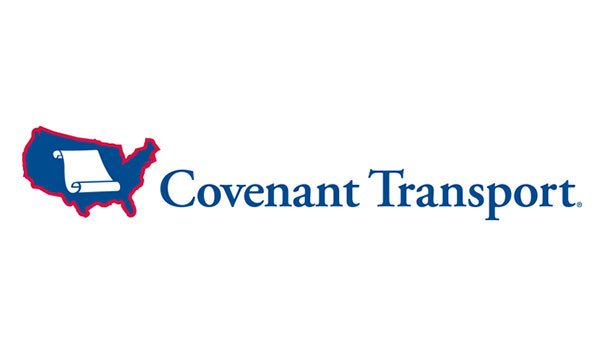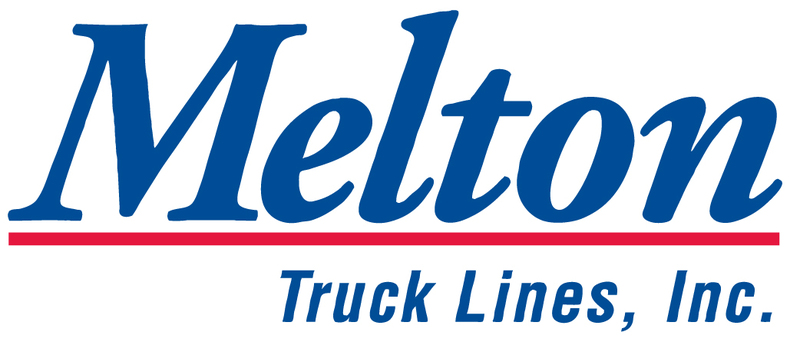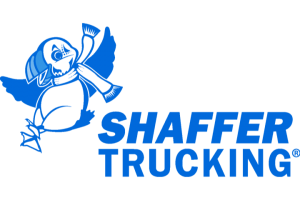In this series, I am going to try to answer some of the questions that have come across my desk. Hopefully, I can pass along some helpful knowledge to our readers.
Q:
I have two questions: 1) If Section 7 is signed, but the bill of lading is marked "prepaid," who owes the freight? 2) If Section 7 is signed, but the bill of lading is not marked "prepaid" or "collect," who owes the freight? Can you share a legal authority for these responses? Please help me with this problem.
A:
This is so important that I recommend that each 10-4 reader stop and print this out right now. In order to answer your questions, we should first get all the facts straightened out. Let's start by looking at the current version of the Uniform Straight Bill of Lading, Section 7 - "Non-recourse" Provision.
The face of the current Uniform Straight Bill of Lading as set forth in the National Freight Classification, and which became effective December 27, 1997, contains a box that states: "FOR FREIGHT COLLECT SHIPMENTS: If this shipment is to be delivered to the consignee, without recourse on the consignor, the consignor shall sign the following statement: The carrier may decline to make delivery of this shipment without payment of freight and all other lawful charges."
On the reverse side of the bill of lading there is following language: "Sec.7. (a) The consignor or consignee shall be liable for the freight and other lawful charges accruing on the shipment, as billed or corrected, except that collect shipments may move without recourse to the consignor when the consignor so stipulates by signature or endorsement in the space provided on the face of the bill of lading. Nevertheless, the consignor shall remain liable for transportation charges where there has been an erroneous determination of the freight charges assessed, based upon incomplete or incorrect information provided by the consignor. (b) Notwithstanding the provisions of subsection (a) above, the consignee's liability for payment of additional charges that may be found to be due after delivery shall be as specified by 49 U.S.C. § 13706, except that the consignee need not provide the specified written notice to the delivering carrier if the consignee is a for-hire carrier. (c) Nothing in this bill of lading shall limit the right of the carrier to require the prepayment or guarantee of the charges at the time of shipment or prior to delivery. If the description of articles or other information on this bill of lading is found to be incorrect or incomplete, the freight charges must be paid based upon the articles actually shipped."
It should be noted that the word "Freight Collect" in the box on the face of the bill of lading, and the limitation to "collect shipments" in the Terms and Condition on the reverse side, were not present in earlier versions of the Uniform Straight Bill of Lading and were added in the version which became effective December 27, 1997.
Prepaid vs. Collect: It should also be observed that the face of the current version of the Uniform Straight Bill of Lading, effective December 27, 1997, contains another box that states: "Freight Charges are PREPAID unless marked collect. Check Box if Collect." This was also changed when the NMFC bill of lading was revised in 1977. The previous language stated: If charges are to be prepaid, write or stamp here "To Be Prepaid." Thus, in the new bill of lading, if nothing is done, the presumption is that the charges are prepaid instead of "collect."
Now back to your question. If Section 7 is signed, but the bill of lading is marked "prepaid," who owes the freight charges? The answer is, bills of lading are not marked "prepaid," they are prepaid unless marked "collect." The current NMFC bill of lading does not permit the use of Section 7 for a prepaid shipment.
Under the court decisions interpreting the old (pre-1997) bill of lading, a shipper could sign Section 7 on a prepaid bill of lading. Usually this meant that the shipper would pay the freight charges agreed at the time of shipment, but would not be liable for charges accruing afterwards, such as detention or redelivery charges. There was some authority that the shipper could avoid all liability, even for the agreed prepaid charges. In other words, if the shipper did not pay the agreed prepaid charges, the carrier could collect only from the consignee.
In other words, if your driver picks up a load where Section 7 is signed, the driver should immediately call his dispatcher or boss. This is because if the shipper signs Section 7 and the consignee does not pay the freight charges the motor carrier cannot go back to the shipper to be paid. If Section 7 is signed, you as the motor carrier should demand payment before making the delivery. You should simply treat this shipment as a C.O.D. "Cash on Delivery."
On to your second question. If Section 7 is signed, but the bill of lading is not marked "prepaid" or "collect," who owes the freight charges? As noted above, if the bill of lading is not marked at all, the shipment will automatically be considered prepaid, and the answer to your first question will apply.
Q:
Can a shipment still be considered a true "shipper's load and count" if the carrier has broken the shipper's seal to verify carton count? Does a "shipper's load and count" shipment lose its integrity if the shipment is processed through a consolidation hub where the shipment is removed from the original trailer and reloaded before delivery? Can the carrier be held liable for a shortage if one occurs? Where can we find more information on "shipper's load and count" regulations?
A:
A "shipper's load and count" notation on a bill of lading means exactly that: the shipper loads and counts, usually a full trailer load, and seals upon completion of loading. As long as the trailer remains closed and the seal intact, there is a presumption that any shortage found upon delivery did not occur in transit.
If the carrier opens the trailer at an intermediate point for consolidation or transfer to another truck, they should count the contents and report any discrepancy. Unless a shortage is noted at this point, the carrier is no longer entitled to any presumption arising out of the original "shipper's load and count" notation on the bill of lading. You can learn more in greater detail from the book "Freight Claims in Plain English" in Sections 4.8.3 and 5.2.2.
Q:
I have a broker who has not paid me for several moves and he owes me several thousand dollars. He says he will pay me when he gets paid. Can you help?
A:
Don't worry. As a NTA member, we offer a "special collection service" in dealing with brokers who don't pay our members. We have heard this old song many a time. Have you heard the joke: "Where does an 800-pound gorilla sleep? Anywhere he wants." A letter from OUR 800-pound gorilla usually makes quite a difference in their attitude. Just give us a call.
















